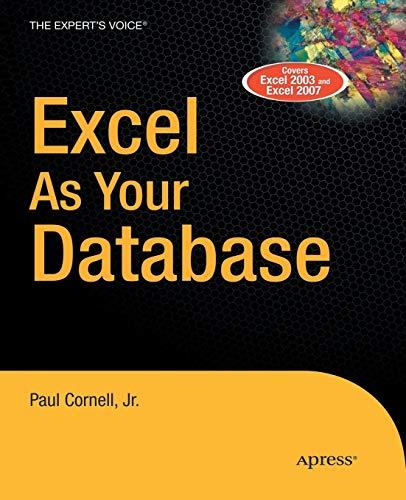Answered step by step
Verified Expert Solution
Question
1 Approved Answer
The motion of a damped vertical spring system with a sudden inclusion of the mass is described by the following ordinary differential equation: mdt2d2y(t)+cdtdy(t)+ky(t)=mg;t0 where

Step by Step Solution
There are 3 Steps involved in it
Step: 1

Get Instant Access to Expert-Tailored Solutions
See step-by-step solutions with expert insights and AI powered tools for academic success
Step: 2

Step: 3

Ace Your Homework with AI
Get the answers you need in no time with our AI-driven, step-by-step assistance
Get Started


